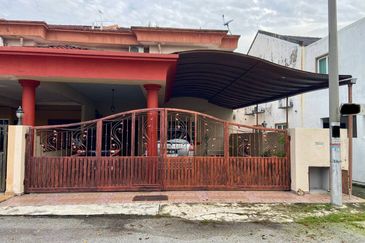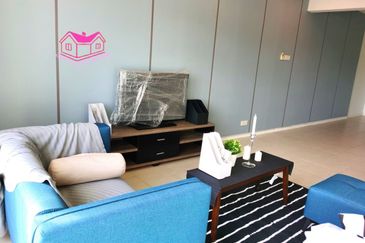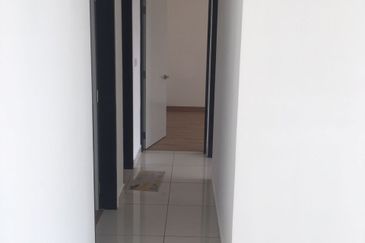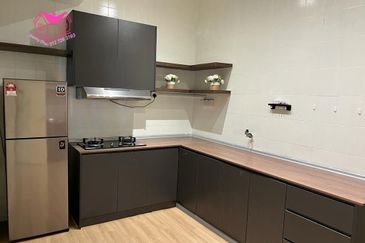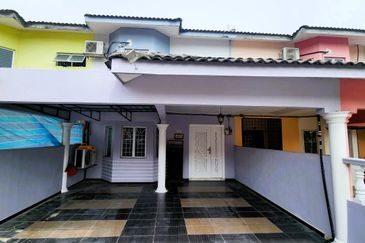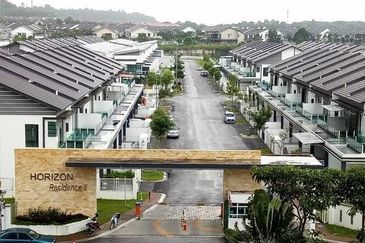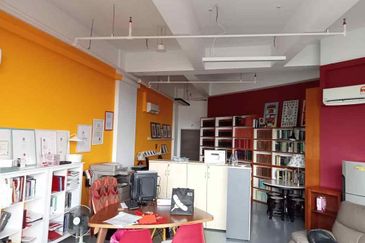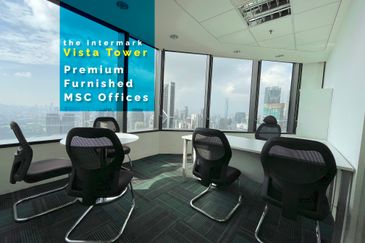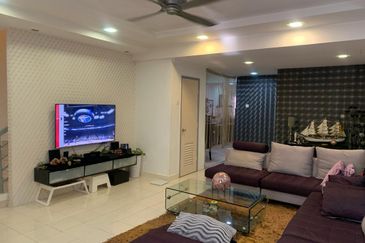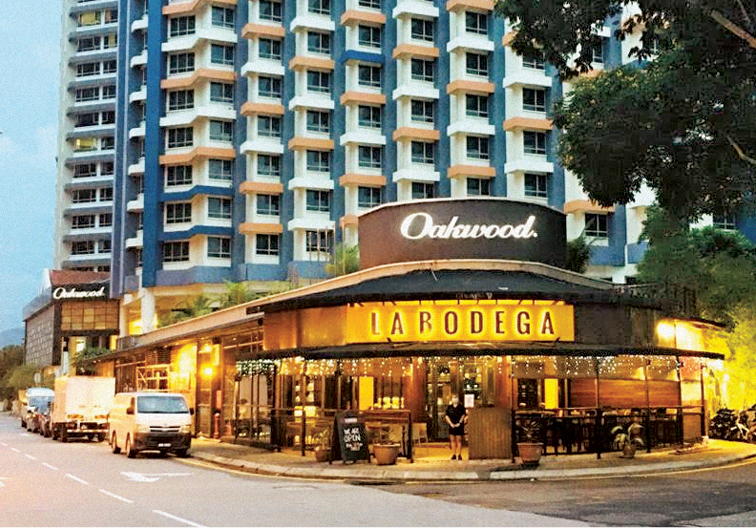
PETALING JAYA (May 22): Many F&B outlets have “reinvented” themselves in pandemic times to survive as customers stayed indoors and had food delivered to their homes.
“There is a focus on better efficiency of operations, optimum selection and utilisation of space, and being prepared for the worst. As in the case of other retail operators, F&B retailers have also realised that one cannot rely completely on any one channel.
“Businesses have to be flexible enough to cater for dine-in as well as takeaways,” Savills Malaysia associate director and head of retail services Murli Menon told The Edge Malaysia.
“The pandemic has provided a lot of opportunities to enterprising operators, especially those with a long-term view. Given the strong growth potential of this category, we are seeing, and will continue to see, interest from potential investors — be it at the institutional or individual level,” he added.
Of course there have been many cases popular food outlets still struggling to survive or have been forced to close for good, but “some brands are continuing to expand and innovate”, wrote the weekly.
The Qureshi Group has plans to take up more space this year -- although the restaurant group shut three restaurants last year, it acquired the La Bodega chain just two months ago.
Another example is the Urban Ground group. The company’s founder Datuk Vincent Choo reportedly opened an outlet in Kelana Jaya, Petaling Jaya in December offering four new F&B brands -- Chic Ole (fried chicken), Belacan-Laa (nasi lemak, local cuisine), One Bite (halal dim sum) and Gratzi (speciality coffee). He has also opened another Chic Ole outlet in Metro Point Kajang and will add another One Bite at the same mall in June.
Tan Hai Hsin, managing director of Retail Group Malaysia (RGM) told the business publication that while some F&B retailers are doing well, many are not.
He revealed that those that have performed well during the pandemic are established fast food restaurants, takeaway food kiosks, casual dining cafés and bakery cafés.
Others include convenience stores and food stores that offer takeaway food, coffee shops and hawker centres, cafeterias located below high-rise residential buildings, and home-based food businesses, Tan added.
The report stated that “those unable to generate decent profits include full-service restaurants that require time to prepare the ingredients and to cook, fine dining restaurants where preparation also takes longer and costs are higher, large restaurants that cater for weddings and gatherings, and dessert cafés and beverage outlets, which have had to offer meals to survive”.
Tan said the Covid-19 situation has also “forced” a significant number of F&B operators to digitise their operations.
“Many have successfully done so, and many have not. Some are still using WhatsApp to receive orders and require their customers to bank in the money before they can proceed with preparing the food. In addition, there are still many F&B operators who do not offer credit card, debit card or e-wallet payment options,” he said.
Read the full report in this week’s The Edge Malaysia
Get the latest news @ www.EdgeProp.my
Subscribe to our Telegram channel for the latest stories and updates
TOP PICKS BY EDGEPROP
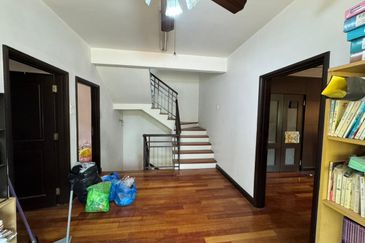
Bandar Bukit Tinggi
Bandar Botanic/Bandar Bukit Tinggi, Selangor
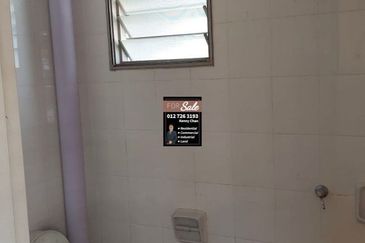
Pangsapuri Akasia, Bandar Botanic
Bandar Botanic/Bandar Bukit Tinggi, Selangor
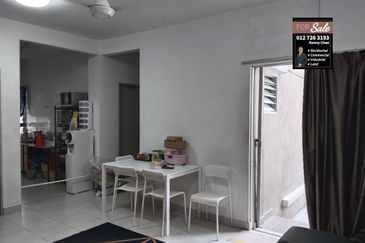
Pangsapuri Akasia, Bandar Botanic
Bandar Botanic/Bandar Bukit Tinggi, Selangor
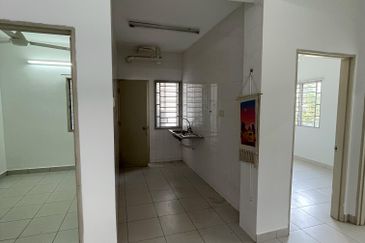
Pangsapuri Akasia, Bandar Botanic
Bandar Botanic/Bandar Bukit Tinggi, Selangor
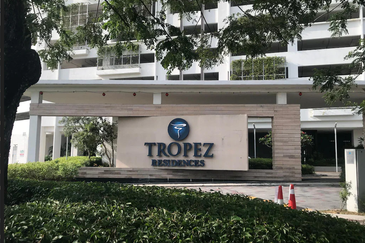
Tropez Residences @ Danga Bay
Johor Bahru, Johor

Menara HLX (formerly Menara HLA)
KL City Centre, Kuala Lumpur


